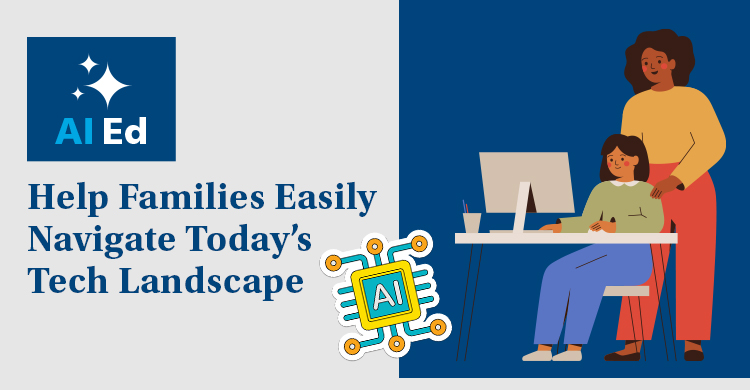Dear Principal,
I know that you are busy, but please add blogging to your to-do list. Here’s why:
By blogging, you model reflective practice for your classroom teachers. One of the reasons I love the time I spend blogging is that it forces me into intentional moments of reflection that I wouldn’t otherwise create space for in my busy schedule. Whether I’m writing about a lesson that worked really well, a suggested practice that I can’t quite embrace, or the impact that poor #edpolicy decisions are having on the students in my classroom, I’m wrapped in thought. That willingness to wrestle with ideas—to be comfortable living in the soup—is the hallmark of professionals.
So, why not publicly model that kind of thinking for the members of your faculty?
By blogging, you model professional vulnerability for your classroom teachers. As a teacher, the first step toward improving your practice is being willing to admit that you don’t have all the answers—but that admission ain’t an easy one to make. Even if we know there are lessons that we can learn from our peers, letting others know we are struggling can feel threatening. Getting teachers to embrace the notion that expertise doesn’t rest with any one individual depends on leaders who are willing to show weakness in front of everyone, too.
Writing a few posts about your own professional stumbles can go a long way toward creating a culture where it is okay to be vulnerable.
By blogging, you model the role that audiences can play in the life of the modern learner. The simple truth is that in today’s hyperconnected world, audiences are easy to come by—and the most efficient and effective learners know how to tap into the power of those audiences. My own thinking has been changed time and again by folks who have commented on my blog or dropped me a tweet; I ask for feedback and reach out for help in social spaces all the time, and watching the reactions that audiences have to the content that I create helps me to identify ideas that really resonate. Aren’t those lessons that our kids need to learn? Shouldn’t we be teaching them that no one needs to learn alone anymore?
Wouldn’t blogging give you firsthand experience with the role that audiences can play in the lives of modern learners that you could pass on to both teachers and students?
Most importantly, blogging gives you the chance to demonstrate your humanity to your faculty. Over time, they will grow to see you as someone who thinks deeply, who takes professional risks, and who is willing to fail.
And that’s a good thing. Trust me.
Sincerely,
Bill
[author_bio id=”413″]






